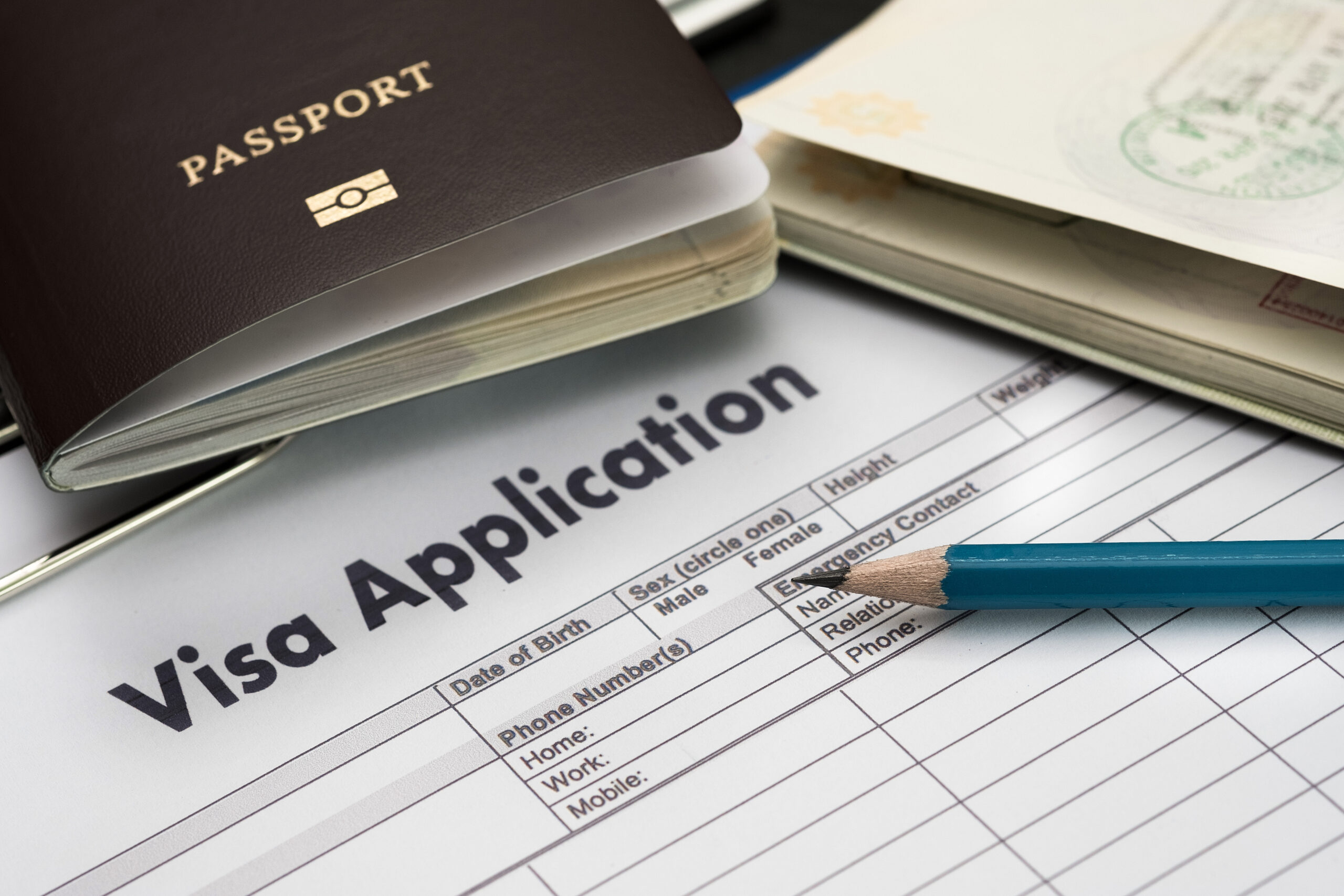The Entry/Exit System (EES) is a new EU-wide database that will replace manual passport stamping for non-EU nationals entering and exiting the Schengen area. It’s designed to automate border control processes, improve security, and monitor overstays.
For British citizens, this means:
- Biometric data (facial image and fingerprints) will be collected at the border.
- Passport details will be stored in a central EU database.
- You’ll register the first time you enter, and that registration is valid for three years.
While the system was initially scheduled for 2024, implementation delays pushed the launch to January 2026. Border crossings could take longer — especially during the initial roll-out period — as systems adapt and travellers adjust.








